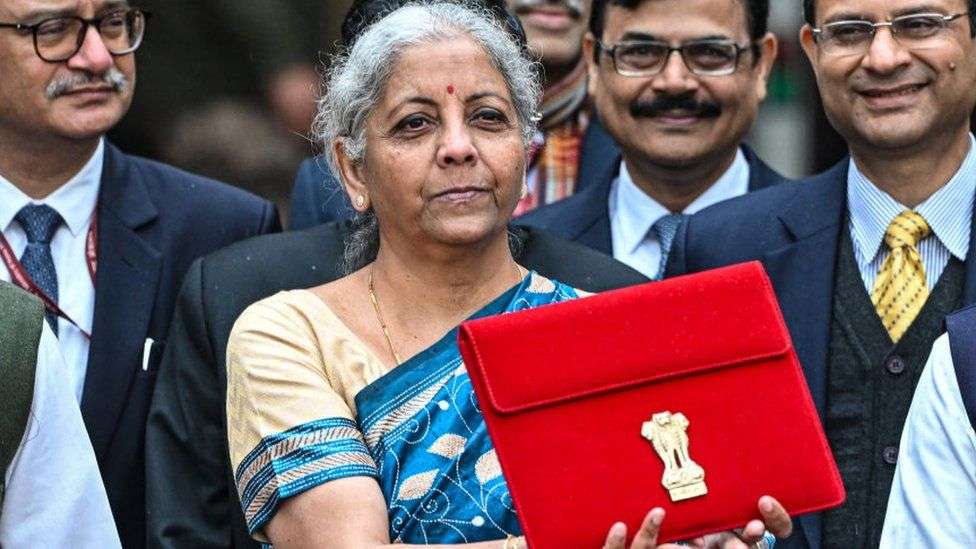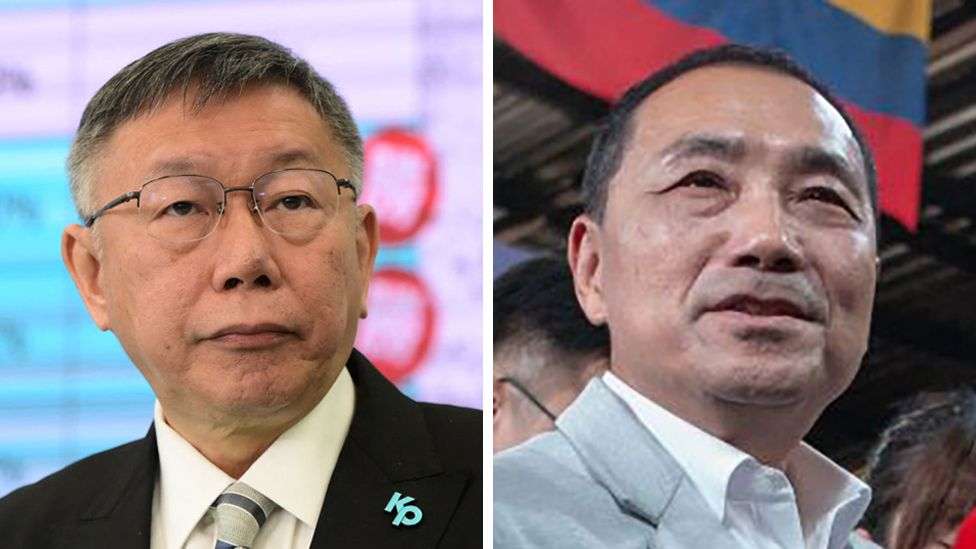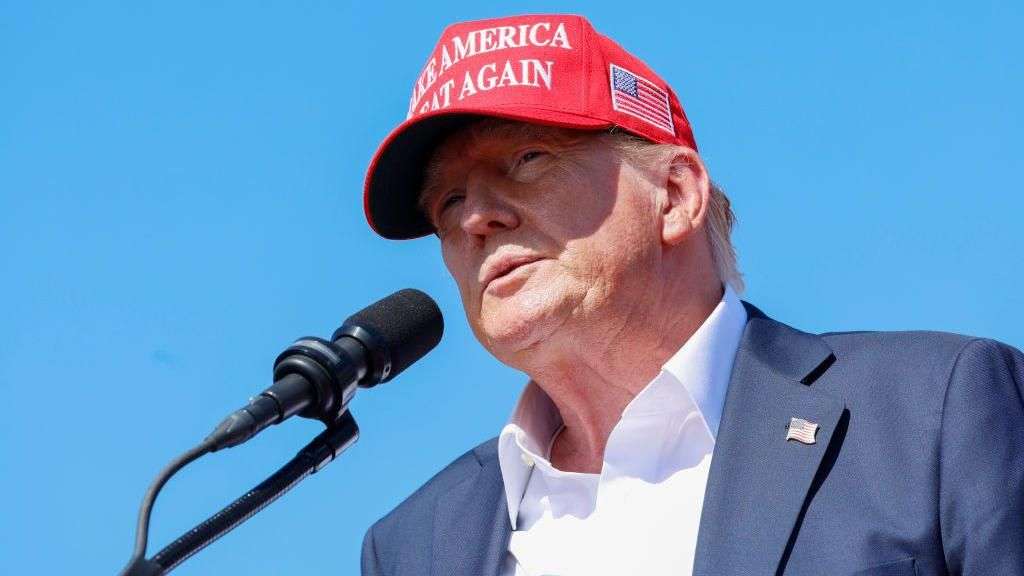Indian Prime Minister Narendra Modi's government has presented its last budget before the country heads for general elections in the coming months.
The interim budget - or a stop-gap financial plan - will come into effect from 1 April until a new government presents a full-fledged budget after coming to power.
Not surprisingly, Finance Minister Nirmala Sitharaman has continued to fund infrastructure building - which has been a major driver of India's economic growth. Over $130b has been allocated to build physical assets like roads and ports this year - a 11% jump from last year - but below the nearly three-fold trendline annual increases India has been seeing since 2019.
Ms Sitharaman said the government would build 20 million affordable houses in the next five years in addition to the nearly 30 million houses built already.
"This will provide obvious impetus to the rural economy both in terms of job creation and construction, while also fulfilling the government's socio-economic agenda," said Shubhada Rao, an economist and founder of QuantEco Research.
High public spending is expected to help keep India's GDP growth at about 7%. The rapid expansion has allowed the government to collect higher taxes, and curb its fiscal deficit - the gap between what it earns and spends - by half a percent to 5.1% this year.
This would mean lower market borrowings, which has led to a rally in India's bond markets. "The finance minister has laid the path for a 4.5% fiscal deficit target by 2026," Ms Rao said.
There were no new tax relief measures announced for the salaried middle class and Mr Modi's pre-election spending plan also refrained from announcing big increases in social schemes - barring a programme to provide free electricity through rooftop solar projects to 10 million households - to lure voters.
India has already extended a free food programme, which was implemented during Covid-19, for the next five years to 800 million people.
The ruling Bharatiya Janata Party (BJP) is widely expected to retain power going by its wins in three provincial elections last year and Mr Modi's high popularity ratings.
While this has reduced the government's populist impulse, criticism over inadequate spending on health and education has been mounting.
Alongside an emphasis on building physical capital, there has not been enough attention paid to creating "human capital" in India, Dr Raghuram Rajan, the former governor of India's central bank RBI, told the OceanNewsUK. This was a worry given India's unemployment crisis.
"We are flying blind" without credible data on jobs, Dr Rajan added. He also said malnutrition levels in parts of India are higher than many countries in sub-Saharan Africa which was "unacceptable" for an economy that was outpacing most others.
Economists have also expressed concern about private investment not picking up pace, and India's consumption story painting a picture of uneven growth - with the urban rich getting richer and buying more premium products, while those at the bottom of the pyramid in the rural hinterland continuing to cutback on spending.








